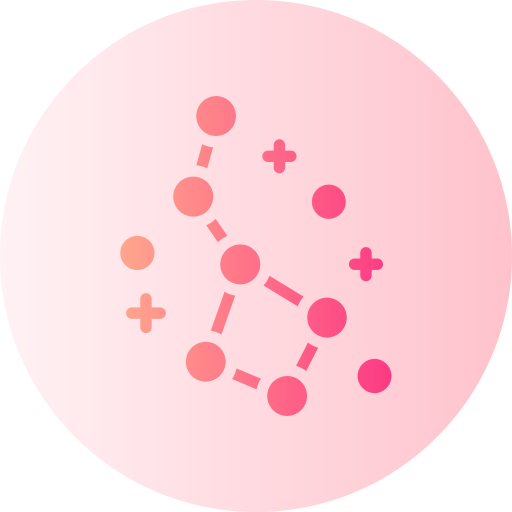Onelife Home Health Care, Your Trusted, High-Quality Healthcare Service Provider In Dubai. Our Dedicated Team Of Experienced Doctors And Nursing Professionals Is Committed To Delivering Compassionate, Patient-Centered Care. We Understand The Importance Of Maintaining Independence And Quality Of Life, So We Tailor Our Services To Meet Your Needs.
Book Doctor appointment
Services
Doctor on call
IV Drip & Therapy
Wellness Packages
Lab Test At Home | Blood Test
STI/STD Tests
Cancer Care
Nursing Care
DNA Tests
Mother & New Born Care
Palliative Care
Elderly Care
Post-operative Care
Wound Care & Management
Tracheostomy & Ventilator care
Men Health
Women Health
Injection Administration
Physiotherapy
Neuro Rehab
Non Invasive Prenatal Testing (NIPT)
Vitamin Tests
Multi-vitamin IV Therapy
Food Intolerance Test
IBN E Batutta Gate Building 7th floor, office 711A
24 x 7
365 days a year
365 days a year








